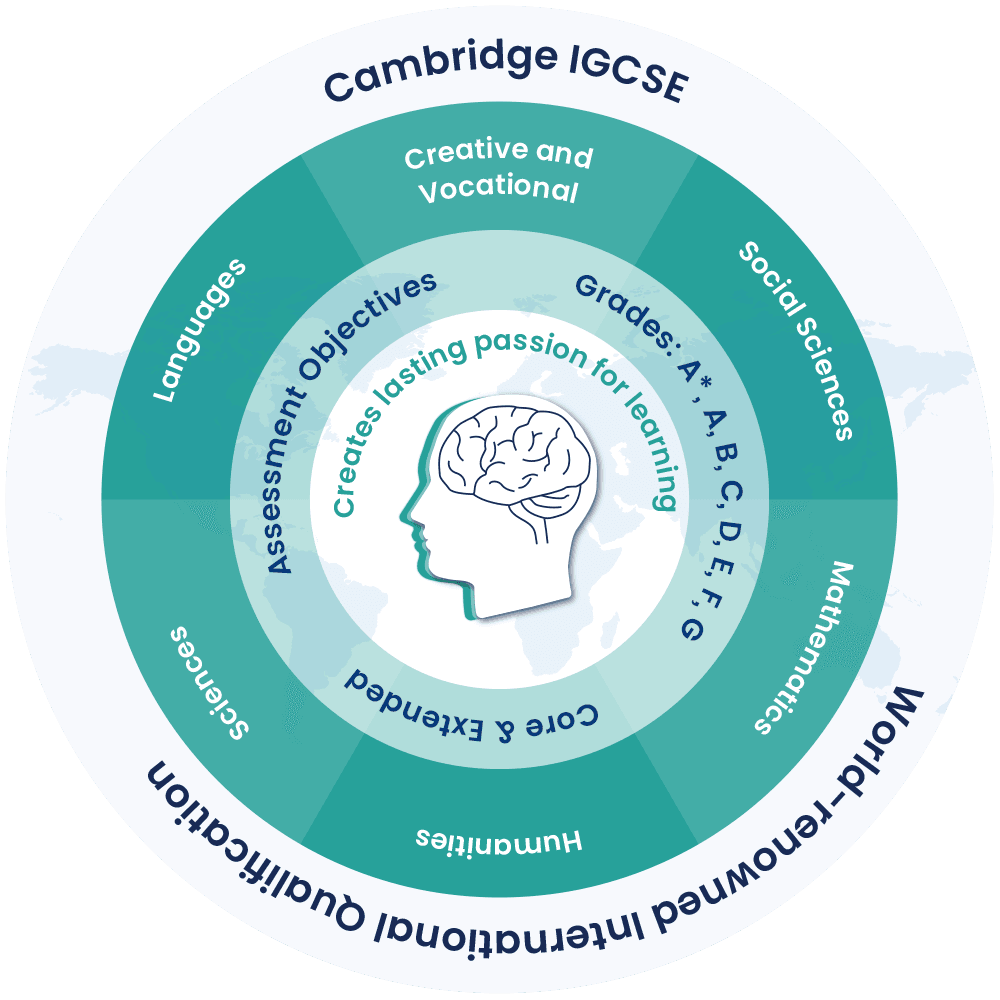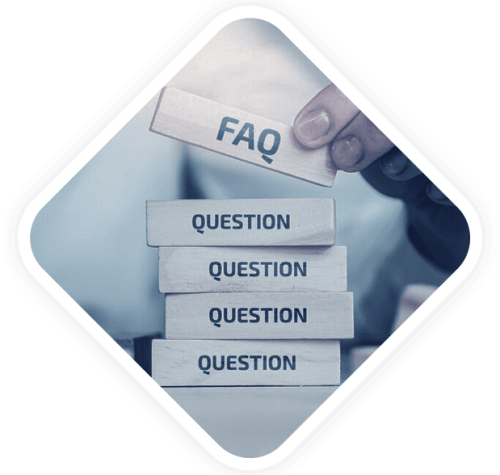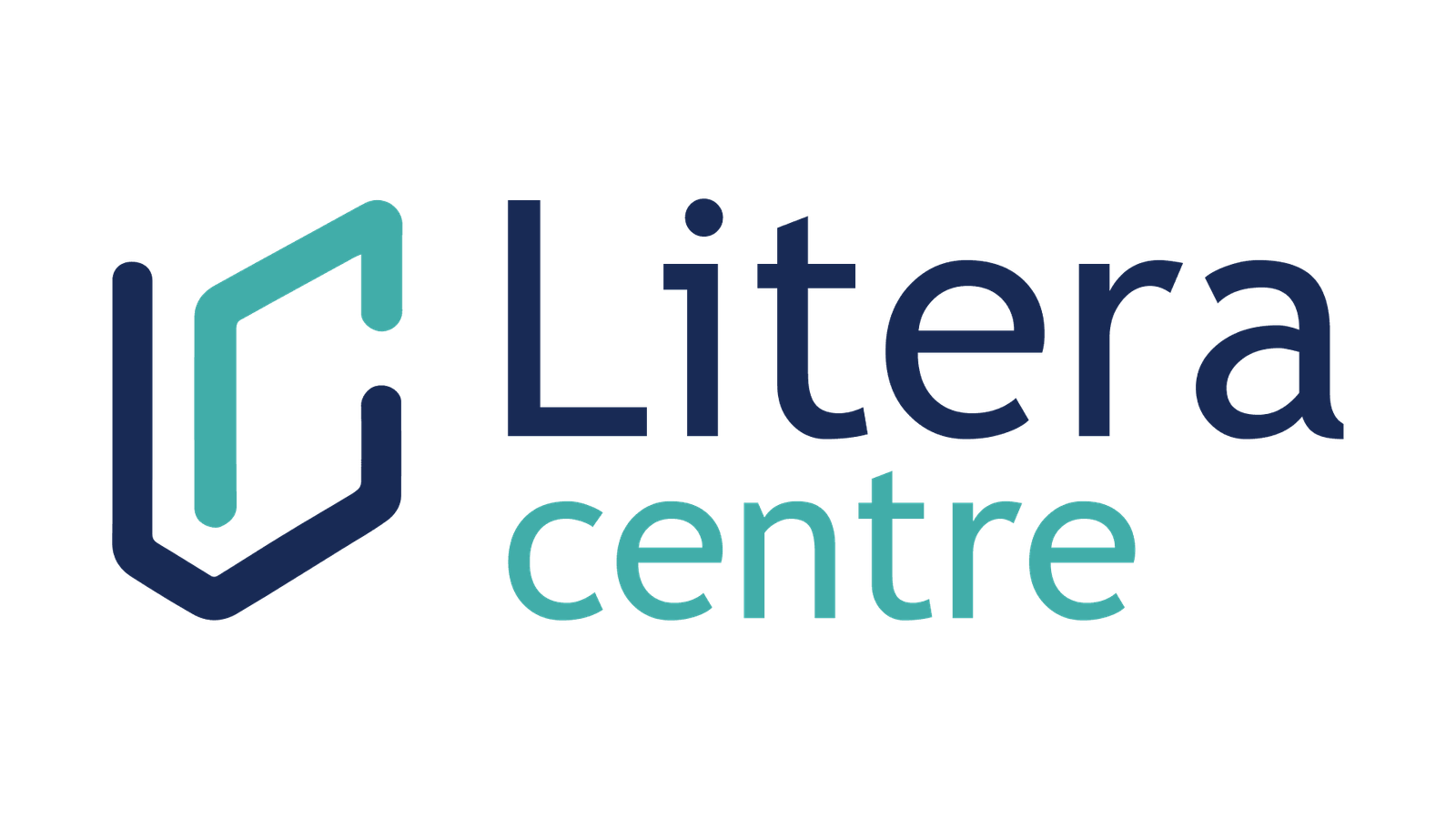IGCSE Tuition


IGCSE Year 7 to 11
(Grade 6 to 10)
Every program offered at Litera Centre is painstakingly designed to nurture students from the onset and prepare them methodically to achieve their academic goals. At the moment we offer Online Comprehensive IGCSE Tuition Classes in the following subjects.
Our Learning Environment
At Litera Centre IGCSE Subject Experts Focus on Unique Skill Set and Conceptual Knowledge and Help Learner to Transfer it.
At Litera We Provide
- Individualized Attention
- Convenient
- Result-oriented
- Personalized Environment
- Value-driven Classes
- Cost Effective
Our Key Features
- Flexibility of Study Setting
- Unique Teaching Methodology
- Experienced Subject Experts
- Most Comprehensive Classes
- Recent Resources
- Highly Qualified Faculty

Student Diary
What Students Say



Success Stories
We have successfully delivered 100% pass rate with more than 850+ subject toppers & have covered 65+ schools with 4500+ graduating students.
Meet our
Subject Experts

FAQs
Yes, we do provide classes in mini groups of maximum 4 students with one teacher. This happens mostly for lower grades where collaboration skill plays the major role in conducting the classes.
The students who want to know more about the quality of our classes can enrol themselves in the Demo classes offered by us free of cost. The duration of our demo classes is 35 minutes.
Once you confirm the number of classes you wish to take for the particular subject, the company will : Share the invoice and The payment link. The payment can be done through credit card, debit card or UPI. We accept all major international credit cards too.
Yes, we conduct monthly PTM between the parents, students and teachers to share the feedback and progress of students in a particular subject. Parents can also share their expectations from the teachers for the classes.
Think of English Language as a test of communication skills, while Literature is a deep dive into critical analysis. Language focuses on reading non-fiction texts and writing for different purposes (e.g., reports, speeches), emphasizing accuracy and audience; Literature requires you to analyze themes, characters, and writer’s techniques in set texts like novels and poems.
The choice hinges entirely on your target grade: Core caps at a C, while Extended opens the door to A* to E grades. Core covers foundational concepts and simpler comprehension questions, suitable for a secure pass; Extended includes supplementary, more challenging content requiring deeper analytical skills and complex writing tasks. Always consult your teacher, but opt for Extended if you are aiming for top grades for A-Level or university entrance.
Achieving the top grade in writing is less about length and more about precision, flair, and mastering the writer’s craft. You must meticulously plan your content and structure, use advanced vocabulary and grammar with accuracy, and tailor your tone and style perfectly to the required purpose and audience (e.g., persuasive article vs. descriptive narrative). Crucially, reserve 5-10 minutes to proofread for errors, as simple mistakes can drag your grade down.
Reading for IGCSE English is not merely about understanding what the text says, but about analyzing how the writer achieves their effect. Practice the “zoom-in” technique: identify a powerful word or phrase, quote it, and then explain its implicit meaning and effect on the reader, using precise literary devices terminology. Active reading and annotation of past paper non-fiction extracts are vital to developing this laser-focused analytical skill.
The most effective revision for English is consistent, deliberate practice rather than last-minute cramming of notes. Dedicate time to rotating between reading comprehension, directed writing, and composition practice, simulating real exam conditions with a strict timer. Use the official mark schemes as a study tool to understand exactly how examiners award marks and structure your answers accordingly.
A rich, diverse vocabulary is the currency of the top grades, but quality trumps quantity every time. Examiners look for words used with natural fluency and precision, ensuring they suit the specific context and tone of your writing. Do not just memorize complex words; instead, learn to use five new, appropriate words accurately in your daily writing and conversation to truly embed them.










